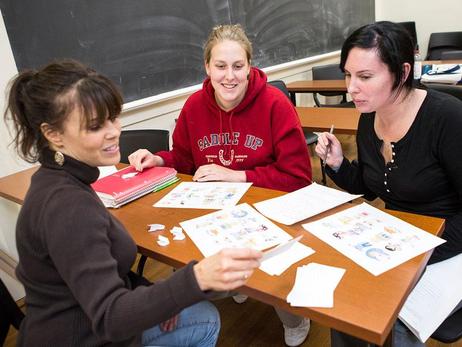Students attend community college for a variety of reasons – to raise their GPAs, save money or explore a variety of liberal arts courses in preparation for choosing a major. Those who have been in the workforce for some time may head back to a community college for additional training or re-training in a different career. No matter your reasons for attending community college, these ten tips will help you make the most of that experience, both during your time at community college and in the goals you might hope to achieve afterward.
Choose Your Classes Wisely
Doing well in community college classes is important, but doing well in the right classes is critical for students looking to transfer to a four-year institution in two years. While advisors can help students make good class choices, there are also some general rules of thumb to follow when creating your community college course list.
“Students should think about what sort of classes they’re taking,” Kate Lazzo, assistant director of admission at Stanford University, told USA Today. “They should focus in on the area they intend to major in, but shouldn’t do so at the expense of a broad liberal arts education.”
This video offers an overview of Alabama community colleges.
Make the Grades
Grade point averages are important for community college students to focus on, whether they are heading to another institution after completing


























